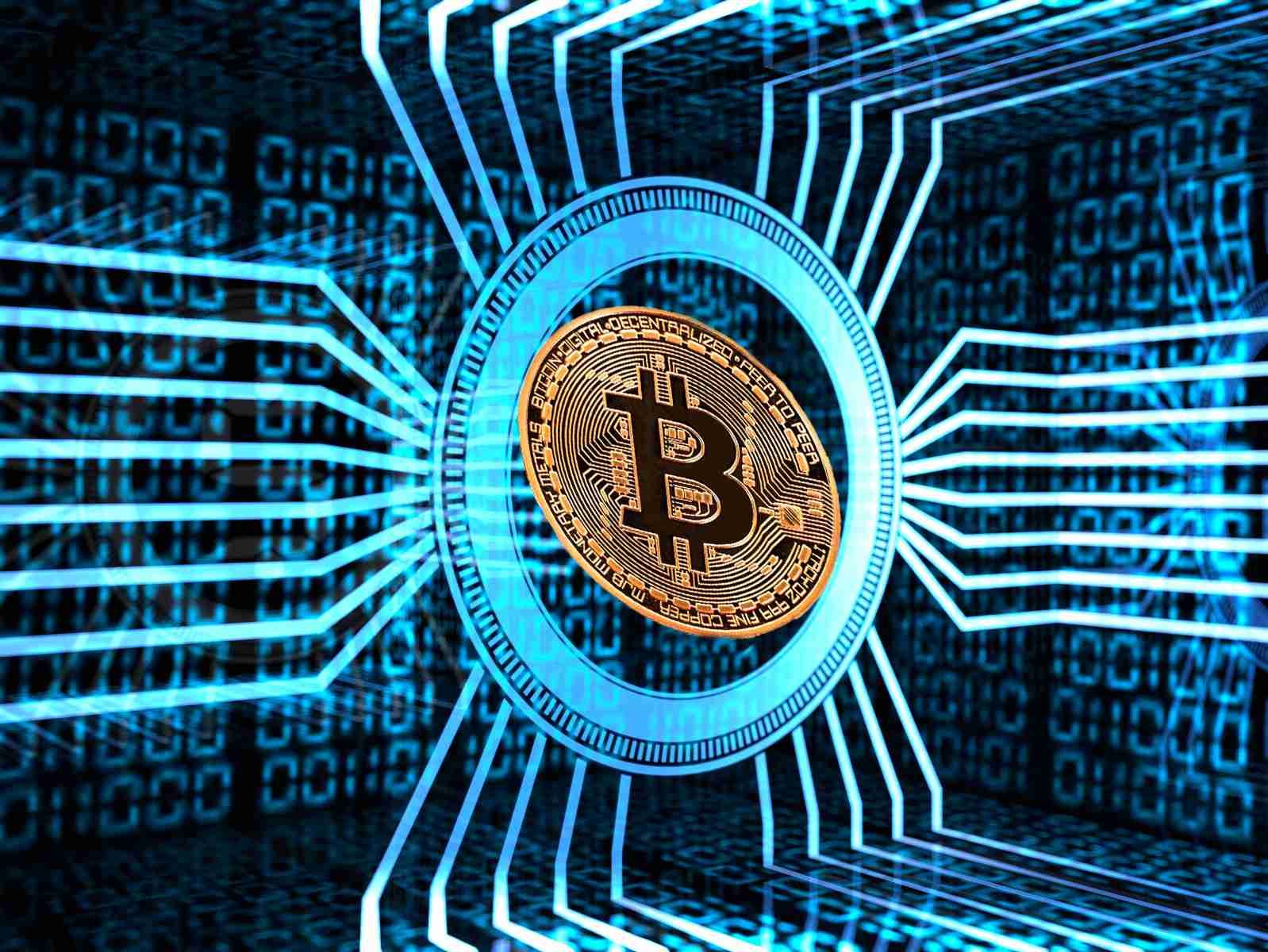Non-fungible tokens (NFTs) have emerged as a revolutionary force in the world of digital assets, transforming the way we perceive and trade unique digital content. As we reflect on the developments of 2023 and look ahead to the potential trends of 2024, it is essential to comprehensively analyze the evolution of NFTs and their impact on various industries and the broader digital landscape.
Understanding NFTs
NFTs are cryptographic assets that represent ownership or proof of authenticity of a unique item or piece of content, such as digital art, collectibles, music, videos, and more. Unlike cryptocurrencies such as Bitcoin or Ethereum, which are interchangeable and hold the same value, NFTs are indivisible and irreplaceable, making each one distinct and unique.
2023: A Year of Expansion and Innovation
In 2023, the NFT space witnessed significant expansion and diversification across multiple sectors. The art world, in particular, experienced a surge in NFT adoption, with renowned artists and creators embracing digital platforms to showcase and monetize their work through tokenized assets. Additionally, the entertainment and gaming industries saw a proliferation of NFT-based initiatives, ranging from in-game assets and virtual real estate to fan engagement and digital collectibles.
Moreover, the integration of NFTs into the music industry gained momentum, with artists exploring new avenues for distributing and monetizing their music through tokenized assets and unique digital experiences. Beyond the creative sphere, NFTs also made inroads into realms such as real estate, fashion, and sports, signaling a broadening application of this technology across diverse sectors.
Regulatory and Environmental Considerations
Amid the rapid growth of NFTs, regulatory scrutiny and environmental concerns emerged as critical areas of focus. Regulators around the world began to assess the legal and financial implications of NFTs, aiming to establish frameworks that ensure consumer protection and market integrity. Additionally, the environmental impact of NFTs, particularly in relation to energy consumption and carbon footprint, prompted discussions around sustainable practices and the adoption of eco-friendly solutions within the NFT ecosystem.
Looking Ahead to 2024: Potential Trends and Developments
As we look ahead to 2024, several key trends and developments are poised to shape the evolution of NFTs:
- Market Maturation and Standardization: The NFT market is expected to continue maturing, with a focus on standardizing best practices, interoperability, and enhancing user experience across different platforms.
- Institutional Engagement: Increased participation from institutional investors and traditional financial institutions is anticipated, as they explore opportunities to integrate NFTs into investment portfolios and asset management strategies.
- Technological Advancements: Innovations in blockchain technology, including scalability solutions and improved environmental sustainability, are likely to drive the next phase of NFT evolution, addressing concerns related to energy consumption and carbon emissions.
- Convergence of Digital and Physical Assets: The convergence of NFTs with physical assets, such as real estate, luxury goods, and authenticated memorabilia, is expected to gain traction, creating new opportunities for asset tokenization and ownership representation.
Conclusion
The evolution of NFTs in 2023 and the anticipated trends of 2024 underscore the dynamic nature of this transformative technology. As NFTs continue to redefine ownership, authenticity, and value in the digital realm, their impact extends beyond the realm of art and collectibles, permeating diverse sectors and reshaping the way we interact with digital content and assets.
While the path ahead may present regulatory and environmental challenges, the potential for innovation, market expansion, and the convergence of digital and physical assets signals a compelling trajectory for the NFT ecosystem. As we navigate the unfolding landscape of NFTs, it is essential to embrace responsible and sustainable practices that uphold the integrity and potential of this groundbreaking technology.










